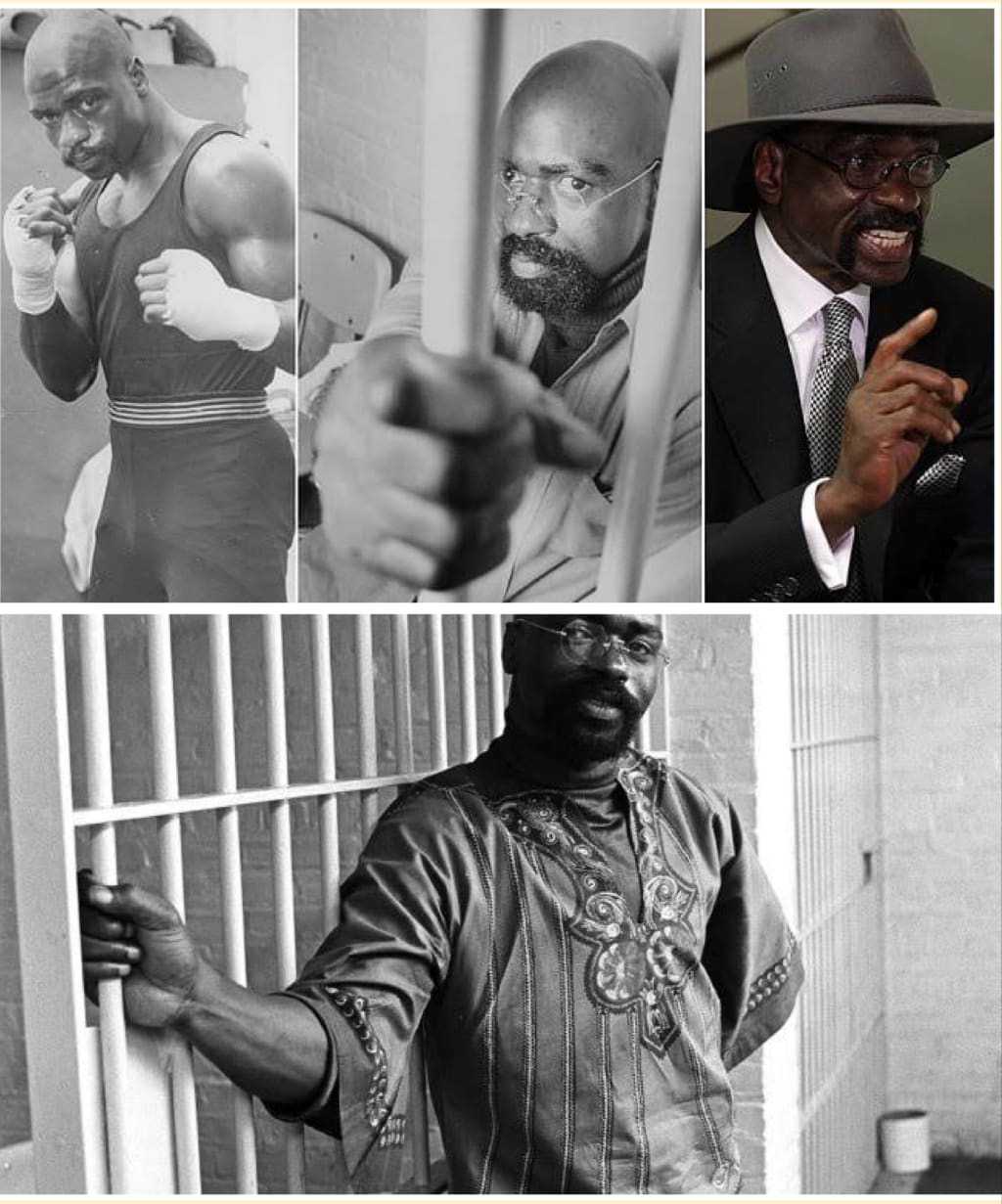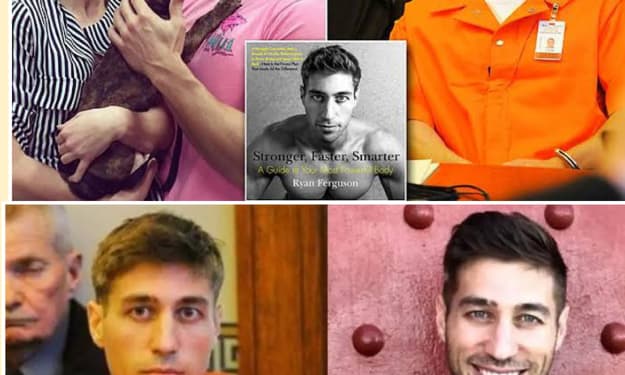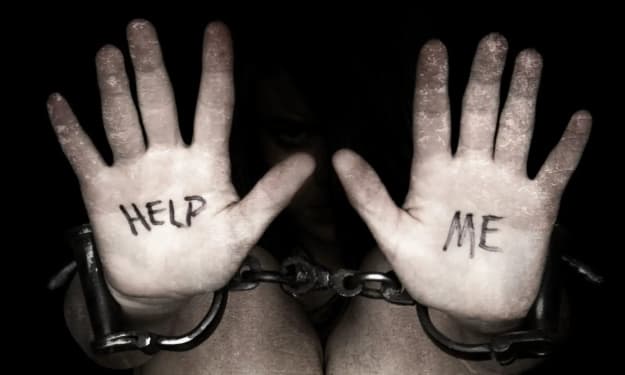Hurricane's Wrongful Murder Conviction
Rubin "Hurricane" Carter, a promising boxer, was wrongfully convicted of a triple murder in 1966.

Rubin "Hurricane" Carter's tumultuous journey through the United States legal system in 1966 left an indelible mark on the nation's consciousness, serving as a stark reminder of the potential for racial bias and the fallibility of the justice system. Convicted of a triple murder, Carter's eventual exoneration after years of relentless legal battles turned him into a symbol of the fight against racial injustice and a catalyst for discussions on wrongful convictions.
Born on May 6, 1937, in Clifton, New Jersey, Carter emerged from a troubled upbringing to become a promising middleweight boxer in the 1960s. His nickname, "Hurricane," derived from his fierce fighting style in the ring. However, his boxing career was abruptly halted in 1966 when he and his co-defendant, John Artis, were charged with the murders of three people at the Lafayette Bar and Grill in Paterson, New Jersey. The prosecution's case rested heavily on the testimony of two witnesses, both of whom later recanted their statements, citing coercion by the police.
Carter and Artis were found guilty in separate trials in 1967, and they were sentenced to life in prison. However, doubts about the fairness of their trials began to emerge as inconsistencies and potential racial bias in the case were revealed. Carter maintained his innocence throughout his incarceration, and his story captured the attention of numerous activists, artists, and public figures who believed he had been wrongly convicted due to racial prejudice.
In 1974, Carter's case gained significant traction when Bob Dylan released his protest song "Hurricane," which detailed the injustices of the trial and called for Carter's release. The song helped raise public awareness about the case and reignited discussions about racial bias within the justice system. This increased scrutiny eventually led to a new trial in 1976.
Despite the second trial's effort to address the issues raised about the original proceedings, Carter and Artis were again convicted in 1976. Nevertheless, their case continued to garner support from advocates for justice reform, civil rights activists, and legal experts who were convinced of their innocence. Carter's story was also depicted in a 1999 biographical film titled "The Hurricane," starring Denzel Washington.
In 1985, Carter's legal battle took a significant turn when a federal judge ruled that his convictions had been based on racial prejudice and had violated his constitutional rights. This decision marked a crucial step toward his eventual exoneration. After spending nearly 20 years behind bars, Carter was released on bail in 1985, pending the decision on whether he would face a third trial.
In 1988, a new investigation uncovered evidence of prosecutorial misconduct and suppressed evidence that could have exonerated Carter and Artis. As a result, all charges against them were dropped, leading to their official exoneration and release from prison. Rubin "Hurricane" Carter had finally regained his freedom after spending nearly two decades imprisoned for a crime he did not commit.
Carter's case remains a potent reminder of the potential for systemic racism and bias to permeate the justice system, leading to devastating consequences for individuals who are wrongly accused and convicted. His story catalyzed discussions about the need for comprehensive reform in criminal justice, particularly addressing issues related to racial profiling, inadequate legal representation, and the use of coerced testimony.
While Carter's personal battles ended with his exoneration, his legacy endured as a symbol of resilience, perseverance, and the importance of fighting for justice in the face of adversity. His story served as a rallying point for activists and advocates striving to rectify systemic flaws in the legal system and prevent further wrongful convictions. Through his struggle and eventual triumph, Rubin "Hurricane" Carter became an emblematic figure in the ongoing fight for equality and fairness in the American justice system.
About the Creator
Enjoyed the story? Support the Creator.
Subscribe for free to receive all their stories in your feed. You could also pledge your support or give them a one-off tip, letting them know you appreciate their work.





Comments
There are no comments for this story
Be the first to respond and start the conversation.